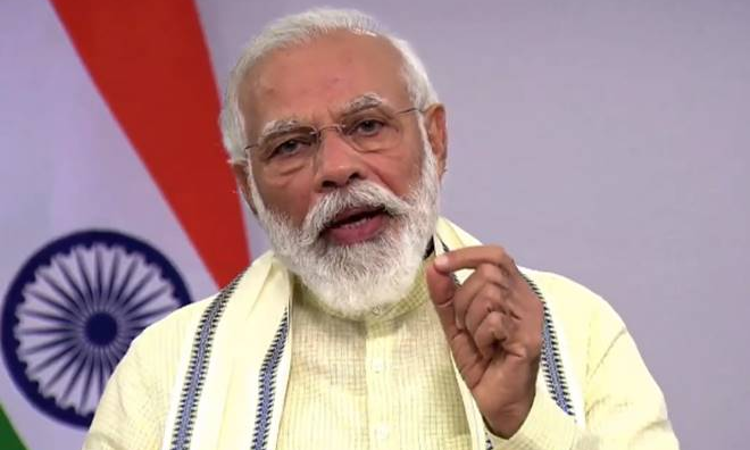The Supreme Court on Tuesday dismissed the petition filed by Ex- BSF Jawan, Tej Bahadur Yadav, challenging the election of Prime Minister Narendra Modi from Varanasi constituency in the 2019 Lok Sabha elections.The judgement was rendered in a Special Leave Petition challenging the Allahabad High Court's dismissal of Bahadur's election petition in December 2019 on the ground of lack of...

